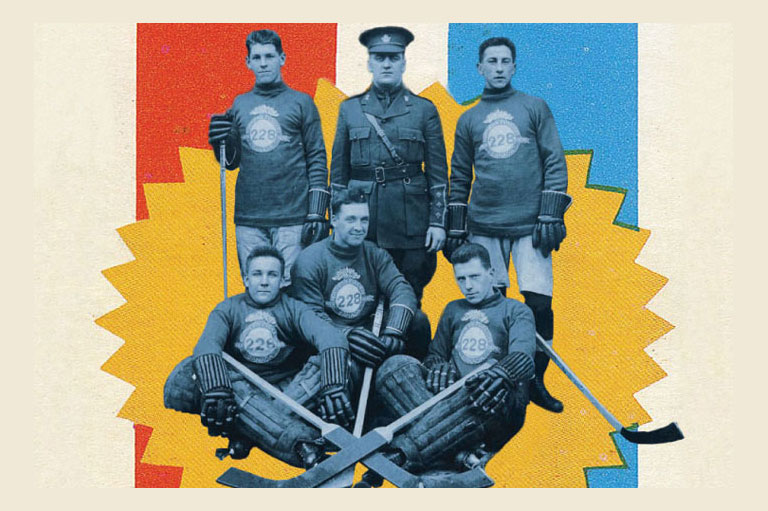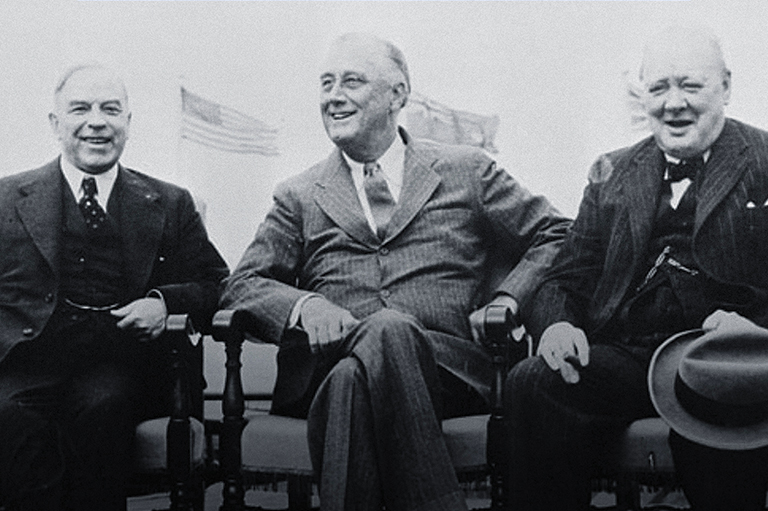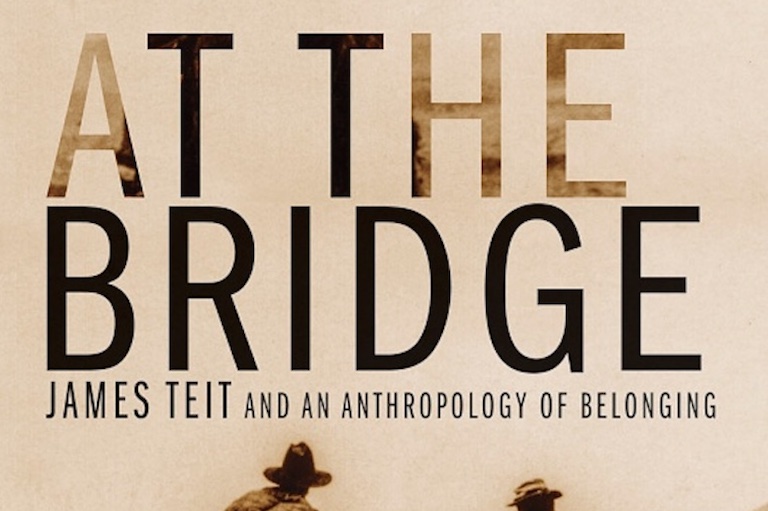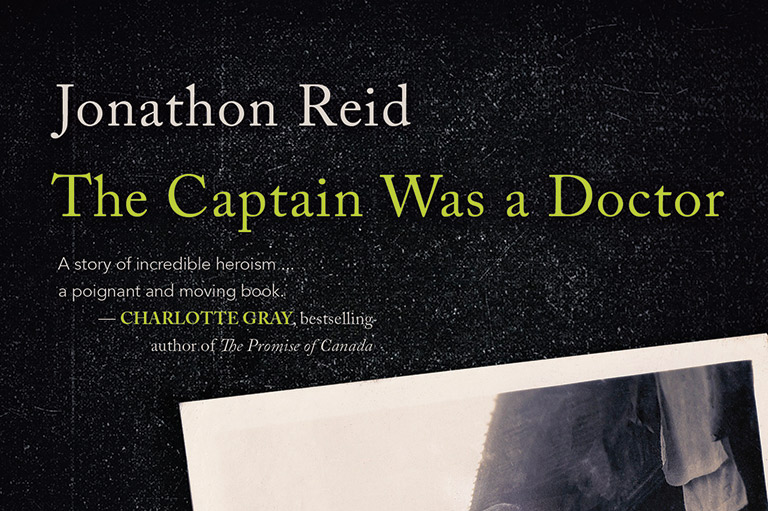Lester Pearson’s Peacekeeping
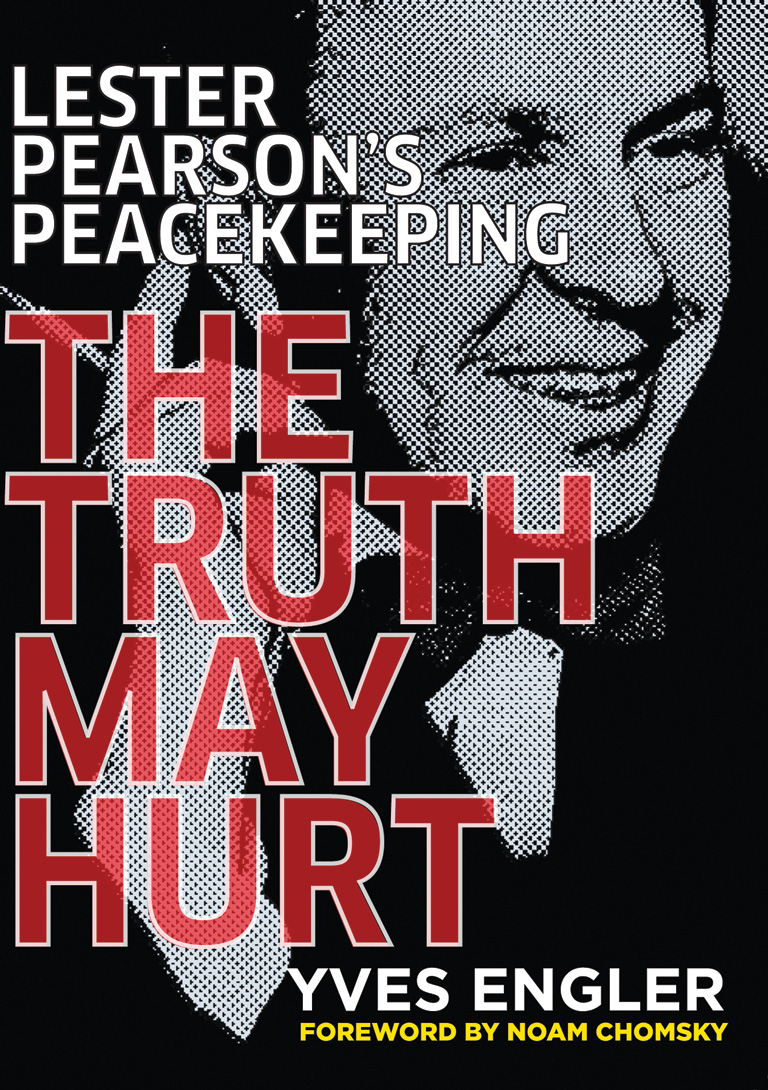
Lester Pearson’s Peacekeeping: The Truth May Hurt
by Yves Engler
Fernwood Publishing
176 pages, $15.95
In an era where heroes are hard to come by, it’s only natural that we would want to hang on desperately to the ones we have. Lester B. Pearson ranked sixth in the CBC’s search for the greatest Canadian, so it would be fair to call him a Canadian hero. But not everyone would agree. No stranger to controversy, political writer Yves Engler would strike Pearson off that list — and in Lester Pearson’s Peacekeeping he goes so far as to suggest that Pearson was fit to be tried for abetting war crimes.
Engler positions his book as if it were a case being made before a truth and reconciliation commission. He uses the United Nations Charter (to which Pearson contributed) as the standard against which to measure the former Nobel Peace Prize winner’s actions. He concludes that Pearson was driven by ambition, not compassion. Political and pragmatic, Pearson would quickly drop unpopular positions if influential colleagues were unsupportive.
Engler follows Pearson’s career in the Department of External Affairs, his experiences dealing with party politics, and his time as prime minister, taking the man’s most lauded achievements and turning them on their heads.
NATO? A way to pursue anti-communist policies under the guise of self-defence, in spite of intelligence reports that minimized the Soviet threat. The Korean War? A boost to Canada’s war economy. The Suez crisis? A means both of easing the awkwardness Canada felt during strained U.S.-U.K. relations and of keeping NATO alive. Southeast Asia? Canada enabled the U.S. bombing of North Vietnam.
In Lester Pearson’s Peacekeeping, Engler indeed posits that the truth may hurt. In my case, it already has a little.
Themes associated with this article
Advertisement

